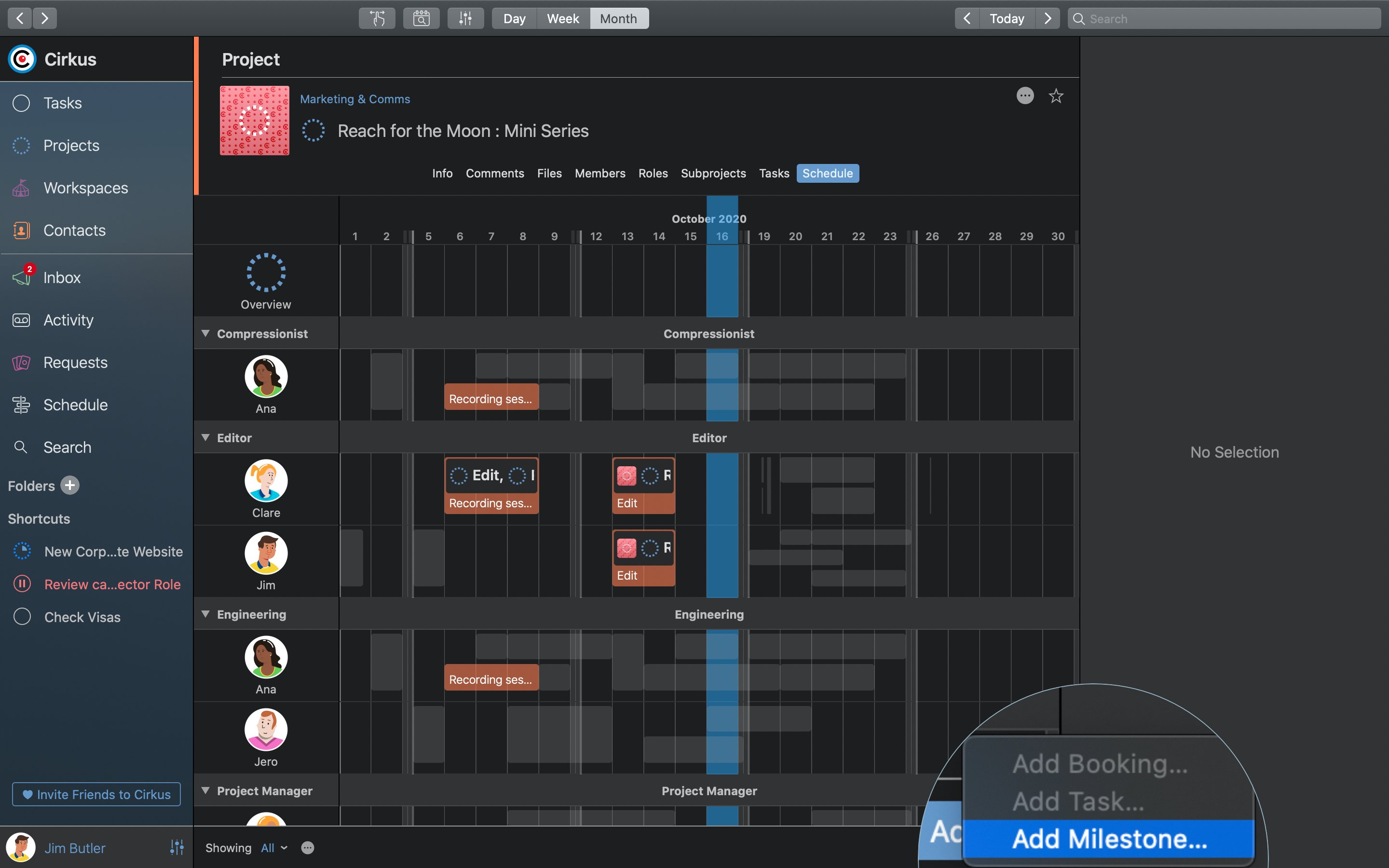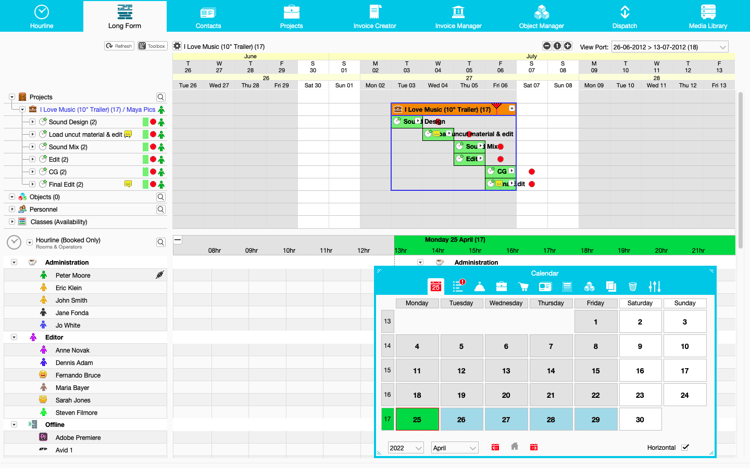Whether you’re working on a small project with small or large business goals, having an understanding of the project management life cycle is essential for success.
To be able to complete a project, a series of tasks to meet stakeholder and client requirements need to be made. No matter what type of project you are working on, having comprehensive knowledge about the Project Management life cycle and project phases is essential.
Learn the five phases of the project management life cycle to keep your project on track from start to finish.What is project management life cycle?
The project management life cycle is a step-by-step "guide" of best practices used to have structure in a project from its beginning to its end. It provides project managers a structured way to create, execute, and finish a project.
This project management process generally includes five phases: initiation, planning, executing, monitoring and closing. By following these phases, the chances to achieving your teams goals increase.
The project management life cycle provides projects with structure needed to ensure they have the best chance of being successful.
Types of project life cycles
Projects follow a certain pattern of work. These patterns are known as life cycles. Deciding the life cycle or the pattern of work your project will follow determines the way you would deliver your work. Here are the different types of Project Management Life Cycle your projects can follow:
Predictive life cycles
This is the traditional form of project management where the project manager develops the complete project management plan at the beginning and then follows it until the project is completed.
Since the scope of work is fixed, this cycle is known as the predictive life cycle. In this method, the chances of changes are low. However, if the change occurs, it is difficult to adapt as it's all planned accordingly.
Adaptive life cycles
Adaptive methods are iterative and incremental, the iterations are very rapid and are fixed in time and cost.
As the name suggests, this life cycle welcomes changes. The project is divided into increments, and deliverables are delivered and refined until the client is satisfied. All activities are performed multiple times.
Since it is cyclic, it is easy to make changes to the deliverable and incorporate clients’ feedback.
The 5 phases of project management life cycle
The project management life cycle can be split into 5 phases: initiation, planning, execution, monitoring and control, and closure. These phases build the path that your project will follow from the beginning to the end.
Learn more about the 5 project management life cycle phases:Project initiation
In the initiation phase, you’ll define the project. You’ll sort out the project goals, scope, resources, and assign roles to the team members. Clarifying what is expected out of the project, and wha the project is aiming to achieve will give the you and your team clear direction and understanding.
Without clarity around what needs to be achieved and why, the project could not accomplish the end goals and meeting the expectations of stakeholders. This is a crucial phase for the success of the project. Using a tool like Cirkus, an excellent Xytech Alternative, can bring clarity to your team and help collaborate.

Project planning
In the planning phase, you’ll determine the steps to actually achieve the project goals.
You’ll establish budgets, timelines, and milestones, and source materials and necessary documents. This step also involves calculating and predicting risk and putting change processes into place. If the initiation phase is getting the team ready, the planning phase is deciding what to do with them.
Project execution
Executing a project means putting your plan into action and keeping the team on track. The main goal of the execution phase is tracking and measuring progress, managing quality, mitigating risk, managing the budget, and using data to inform your decisions.
A resource management tool can really help project managers to keep everything under control.

Project monitoring and control
The project monitoring and control phase is all about measuring the performance of the project and tracking progress. The main goal of this phase is to check whether everything aligns with the plan before starting the project. Very important to considering the quality of work will also help to make the necessary improvements. Keeping an eye on the budget will help to avoid unnecessary expenses and resources.
It is the responsibility of the project manager to make necessary adjustments related to resource allocation and ensure that everything is on track. A project management software such as farmerswife can really smooth this phase and give the right information to project managers to be able to make more informed decisions.
Project closure
In the closing phase of the project management life cycle, you’ll conclude project activities, turn the finished product or service over to its new owners, and assess the things that went well and didn’t go so well. In this phase is also a good time to project time tracking to be able to know exactly how much time you have spent on the project and report accordingly.
Conclusion
Although project management can be overwhelming at times, breaking it down into phases can help you and your team manage your projects by using time and resources more wisely. Defined activities, outputs, and responsibilities will create a clear project roadmap for the team to follow.
Using an end-to- end scheduling software such as farmerswife will allow you to work on projects phase by phase and help you track and link progress directly to each phase. You will also be able you achieve the goals that have been set and improve the performance of your team!